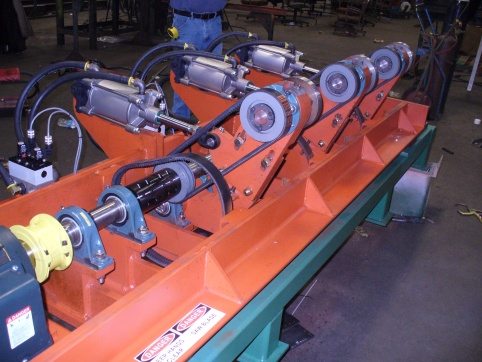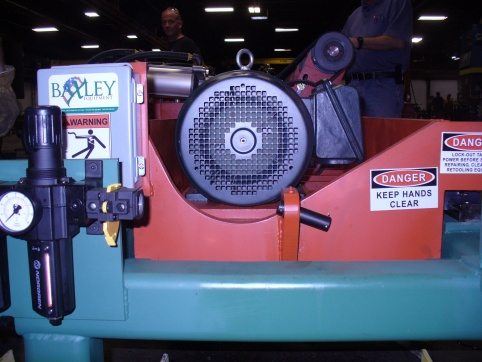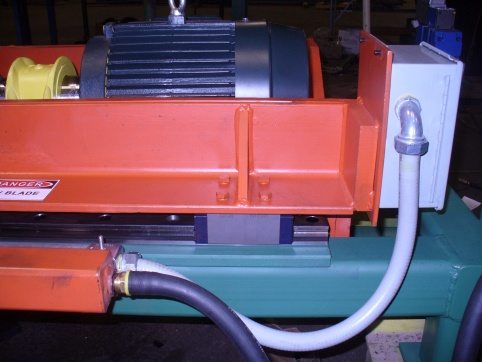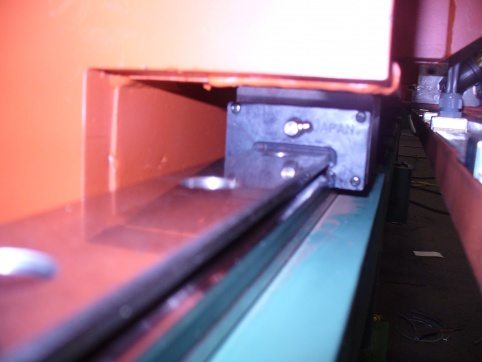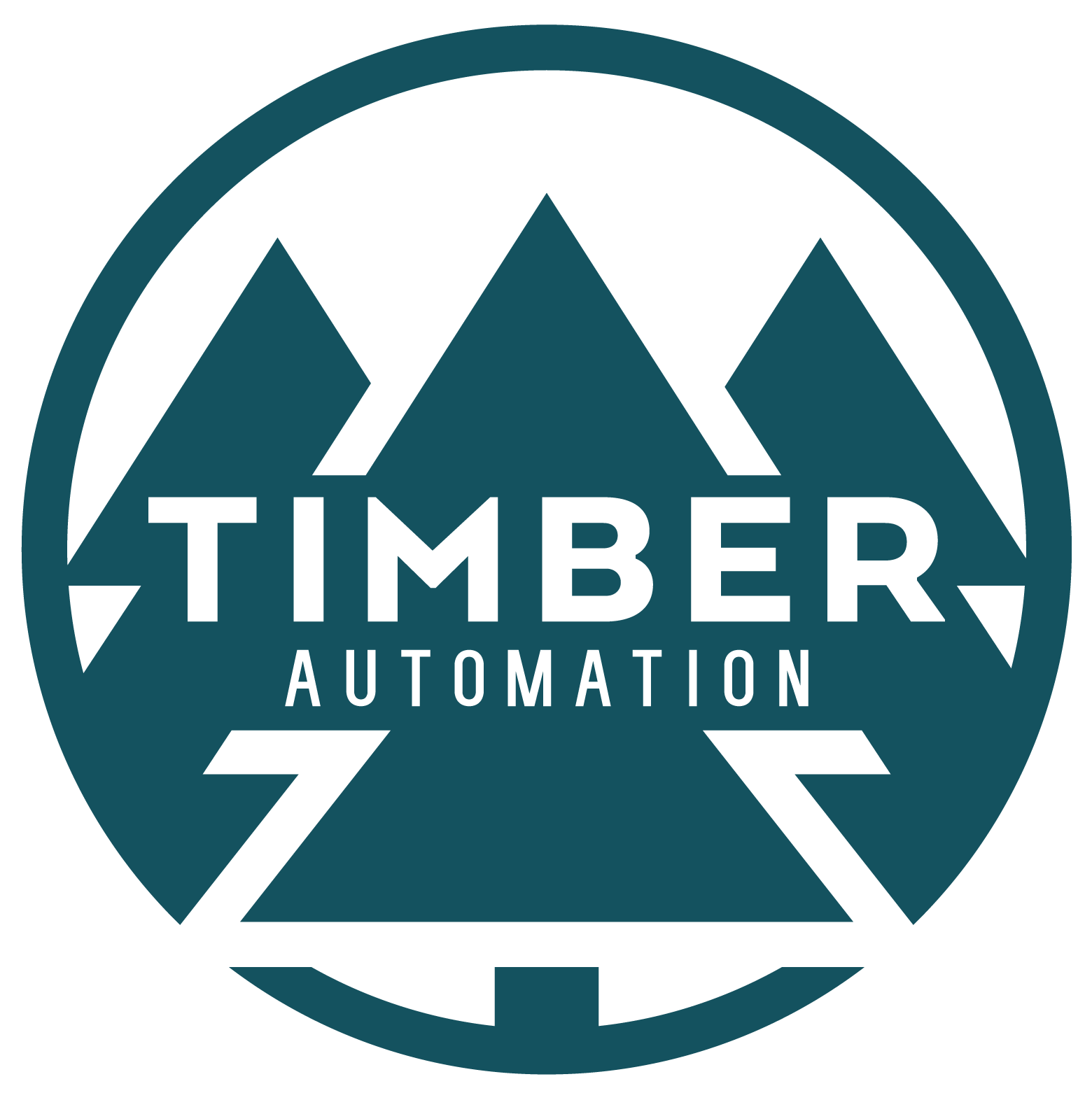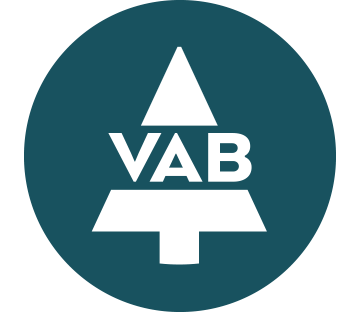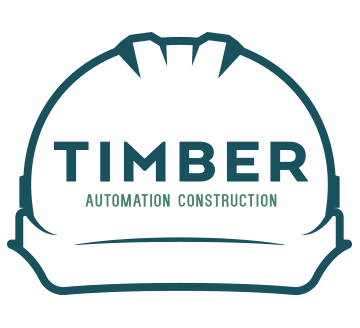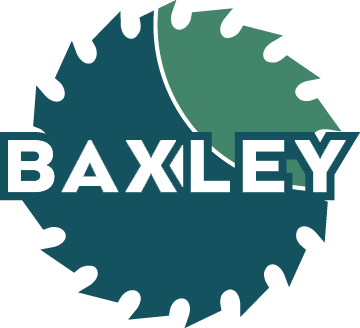Recovery is all about fitting the sawing profile to the shape of the log. Optimum rotation of the log at the primary breakdown, curve sawing at the secondary, and proper positioning at the edger, are all working toward the goal of the best recovery possible. Curve sawing cants, has led many users to wish they could adapt this technology to their board edger. Since almost 40% of boards in a normal mill are edged, the wish is understandable. Sawing around the curve in a swept flitch, while possible and would certainly give a longer board, results in a swept board – totally undesirable.
Now a patent pending breakthrough has occurred using crosscut saws in the edger infeed, to cut candidate boards in two; position both simultaneously, and edge individually. Separate skew, offset and saw sets are possible for each portion of the cut in two board. Swept flitches, edged this way, pick up markedly more overall length for the two boards compared to the conventional single board. An example is a swept flitch that a conventional edger would make into the most valuable board, usually the longest. Say the flitch is nominally 20’ long and considering the sweep, selected to make a 2x4x14’. With Cross Cut Technology the most valuable solution might be to cut the flitch into 2 boards and edge one into a 2x4x10’ and the other into a 2x4x8’. Tapered boards, with or without a little sweep, benefit from the possibility to edge different width boards from each end, plus around a different center line and different skew angle. On multiple saw edger’s, the advantage is even greater.
Computer simulations have shown 6.5 – 7.0% edger board volume gain for a 20’ mill run sample. Taking into account the relative value of the products, a typical value increase of 6.0 to 6.4% is realized. If the 40% edger board approximation is used, then a staggering 2.0 to 2.5% mill wide value is gained. This is almost half a curve sawing system gain for a fraction of the price! Further the Cross Cut requires no mill level technology leap like the curve saw, and no footprint to the edging function. Generally speaking, the Cross Cut Technology can be adapted to existing systems or at worse case pays for a new system to replace an out of date or under capacity old system. Something to consider.
Crosscut Saws Features
[US and Canadian Patents Pending]
- Air operated under table saw assembly with saws at nominally 8’, 10’ and 12’
- Lineshaft design
- Shifting design (OPTIONAL) with Bosch Servo proportional to match feedtable fetcher valves for spare compatibility
- (1) 20 HP 1800 RPM saw motor with saw belt drive spec’d to accommodate HP and optimum saw rim speed
- Pre-plumbed and wired mounting frame
- Rexroth air cylinders and valves
- Chute-work and saw dust deflector plate
- Overhead hold-down shoe assembly
- Single pivot shoes with airbag pressure
- 10” pipe with air cylinder pivot and support frame to move shoes out of the way for jams
- All field devices

